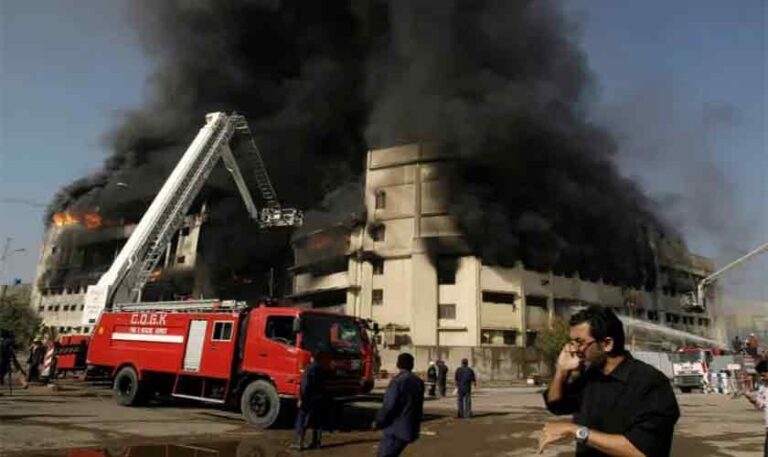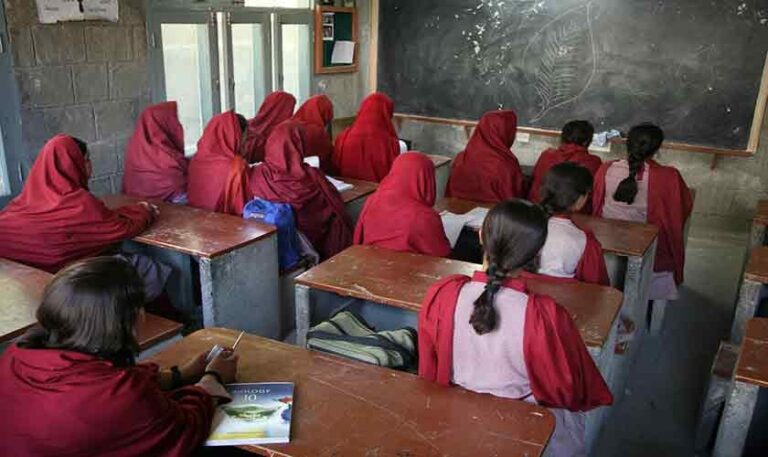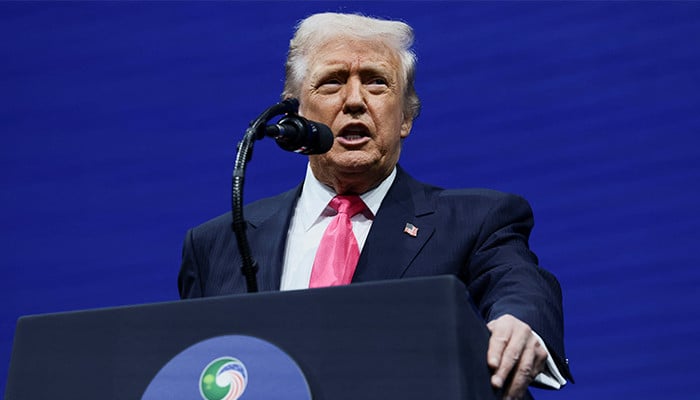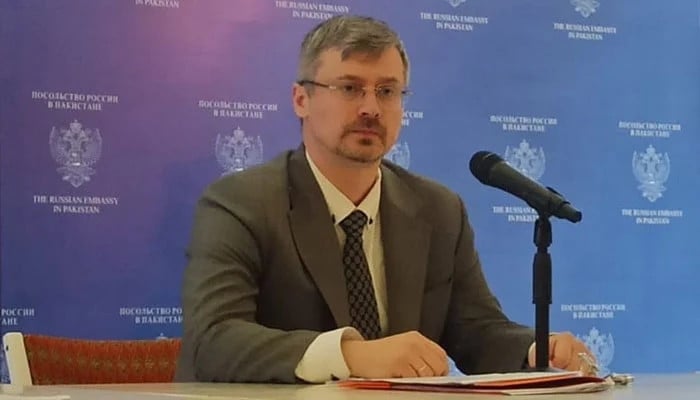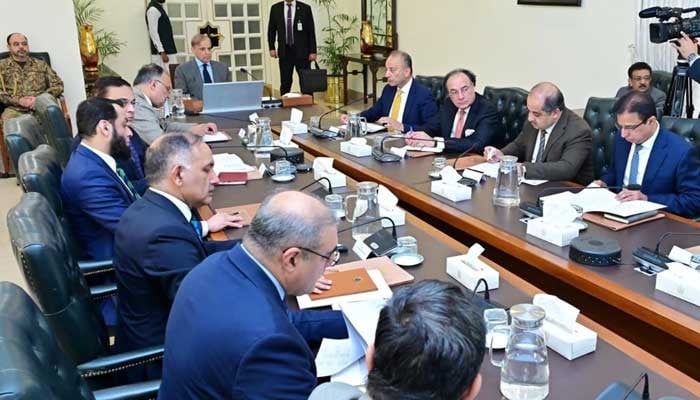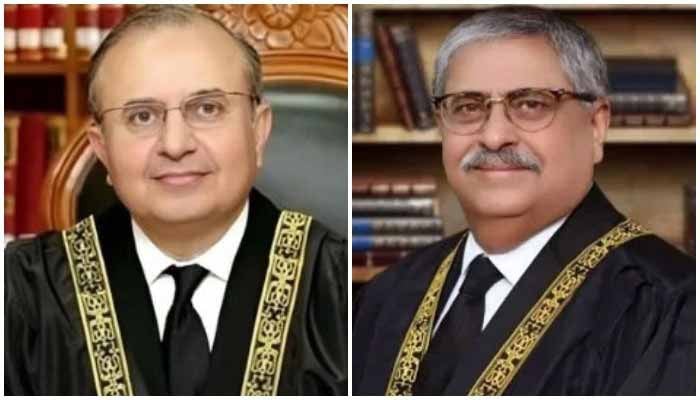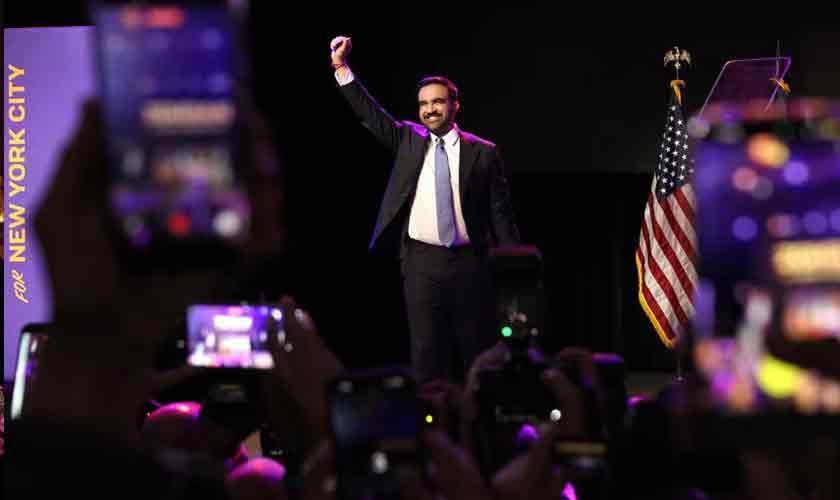
#Power #people #Political #Economy
Those 8.5 million New Yorkers—a stunning mosaic of diversity and dynamism. A city where humanity changes – goes to the polls on November 4 to choose its mayor for the next four years. In this mega-metropolis, where more than 500 languages echo through the streets, unity thrives amid differences. From the towers of Wall Street to the bustling lanes of Queens, from the heritage of Harlem to the creative pulse of Brooklyn, the heartbeat of this city is driven by its people.
New York is not just a city. It is a window through which the world looks at American democracy. It is a stage where citizens, regardless of caste, creed or color, determine who governs them. Its skyline tells the story of countless dreams of those who flock to the seas seeking opportunity and prestige. The city also hosts the United Nations, where world leaders, often detached from the suffering of the people they represent, speak of peace and prosperity.
The 2025 mayoral race turned out to be one of the most surprising contests in recent memory. While many American cities, including Atlanta, Detroit, Pittsburgh, Virginia, New Jersey, Pennsylvania, and others, held mayoral elections that day along with several other local contests, it was New York’s mayoral contest that captured global attention. More than 400,000 early ballots were cast, reflecting an awakened electorate eager to shape the direction of their city. Across cities, citizens debated not just the candidates, but the kind of New York they wanted to build: fairer, cleaner, safer and more humane.
The race featured three principal contenders: Republican activist Curtis Silva, independent candidate and former governor Andrew Cuomo, and Democratic nominee Zohran Kovime Mamdani. Mamdani is the son of a prominent educationist and a filmmaker. The 34-year-old Ugandan progressive of Indian Muslim descent stunned observers by defeating Cuomo in the Democratic primary, reshaping New York’s political narrative. His rise was a breath of fresh air in a landscape dominated by establishment figures, proving that vision and integrity still matter in a democracy.
Outspoken, energetic and driven, Mamdani emerged as the face of a people-first movement. His platform rested on compassion and justice: free bus service to alleviate daily hardship; universal child care for working families; Groceries at the public level to cope with rising costs. And legal aid for immigrants often ensures fairness in the criminal justice system. Quietly supported by progressives like Bernie Sanders and Alexandria Ocasio-Cortez, Mamdani’s campaign embodied the revival of people-driven politics in America’s largest city.
Still, his rise unnerved the conservative establishment. President Donald Trump derided him as a “communist” and warned him of cutting off federal funding for interfering with ICE operations. A determined Mamdani declared that he would not let fear silence his vision, nor would he allow immigrants to “terrorize a city built by immigrants.”
His victory shows that when democracy is alive, it speaks not in the language of fear but of freedom.
His notoriety struck a chord with New Yorkers for whom the city has always been a haven for the homeless and Dreamers.
The battle for City Hall became more than a contest between candidates—it was a clash of philosophies: corporate privilege versus grassroots passion. “New York is not for sale,” Mamdani declared. His message challenged the corporate dominance that had long shaped city policy. “I’m not just a Muslim candidate,” he reminded the crowd. “I stand for every New Yorker.” His campaign drew strength not from identity but from shared human values—transcendence, justice, and dignity.
Since 2002, New York has been under Democratic control, and the streak continues on November 4. But there is a deeper significance in this choice. It tested whether the city’s progressive spirit could overcome entangled interests and whether ordinary citizens could reclaim their city from the politics of privilege.
As the polls close, the people are united for one cause: democracy. They rejected billionaires and power brokers, voting for a young, energetic leader with a public welfare agenda. By nightfall, the results confirmed that New Yorkers had indeed voted for change, defeating fear and inertia.
In his victory speech, Mamdani announced to a roaring crowd: “On January 1st, I’ll be sworn in as mayor of New York — and it’s because you’ve shown that when politics speaks to you without condescension, we can fight for a new era for you.
Andrew Cuomo graciously accepted the decision, while Hillary Clinton, Barack Obama and Governor Kathy Hochol praised Mamdani’s vision. Outgoing Mayor Eric Adams called for unity. Democratic victories in other key states signaled a broader recovery — an ominous sign for President Trump, whose popularity appears to be eroding as Democrats claim low levels of support.
Zohran Kowayme Mamdani is now the first Muslim, the first South Asian, and the youngest in a century to lead New York in its 400-year history. It is a milestone in America’s democratic journey. His victory is proof that in a true democracy, leadership flows not from wealth or lineage but from the trust of the people.
The challenges ahead are stark: homelessness, rising costs, and a corporate-dominated culture. Nevertheless, Madani’s courage to confront the power of the will has only deepened his appeal among young voters and those marginalized by decades of neglect.
Mamdani’s rise is more than an American story. This is a beacon of hope for the Global South. His victory shows that when democracy is alive, it speaks not in the language of fear but of freedom.
The world’s great cosmopolitan and pluralistic cities – from London to Toronto, Paris to Mumbai and Karachi – live with diversity and daily struggles. Millions of them face the same challenges of housing, transportation and affordability. People respond to leaders who speak to their pain with sincerity and vision. Sadiq Khan in London and now, Mamdani in New York embody this ethos – leaders rooted in people, who they represent.
Mamdani’s message now travels beyond the Hudson River. His victory reminds us that the real source of authority and legitimacy rests with the people. It is a rebuke of tyranny and a call to reclaim democracy from the grip of privilege and fear.
Its rise marks a generational shift. The message is clear: power must return to where it belongs. When the people are empowered, democracy shines, becomes radiant and uncontrollable, and leads the way to freedom, justice and human dignity.
The partner is a retired government servant residing in Shekarpur. He can be reached at kaymaromorushap22@gmail.com.
